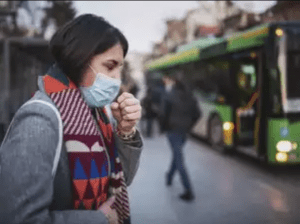By Prof Antonia Layard, Professor of Law (University of Bristol Law School)
 The Covid-19 virus has thrown both housing inequality and its corollary, a lack of access to green or open space, into sharp relief. For some, being told to stay home is boring, awkward and restrictive. For others, home has become a site of confinement, lacking any opportunity to play on grass, sit down in the sunshine or socialise at a safe distance.
The Covid-19 virus has thrown both housing inequality and its corollary, a lack of access to green or open space, into sharp relief. For some, being told to stay home is boring, awkward and restrictive. For others, home has become a site of confinement, lacking any opportunity to play on grass, sit down in the sunshine or socialise at a safe distance.
At this time of national crisis, local authorities have demonstrated their powers to close parks without public consultation. Lambeth Council temporarily shut Brockwell Park for Sunday 5th April, announcing the news on Twitter, describing the revellers’ behaviour as “unacceptable” saying that it was acting “to comply with the national guidelines on social distancing needed fight Covid-19”. Victoria Park is closed for the foreseeable future, Tower Hamlets reaching their decision jointly with Hackney Police, due to “the failure of some visitors to follow social distancing guidance”. On Radio 4, Communities Secretary Robert Jenrick confirmed that these were decisions for the councils to make, noting only that: “I have asked them to be very judicious in taking that step and only to do that where they feel it is impossible to maintain social distancing rules within their parks or open spaces”. (more…)

